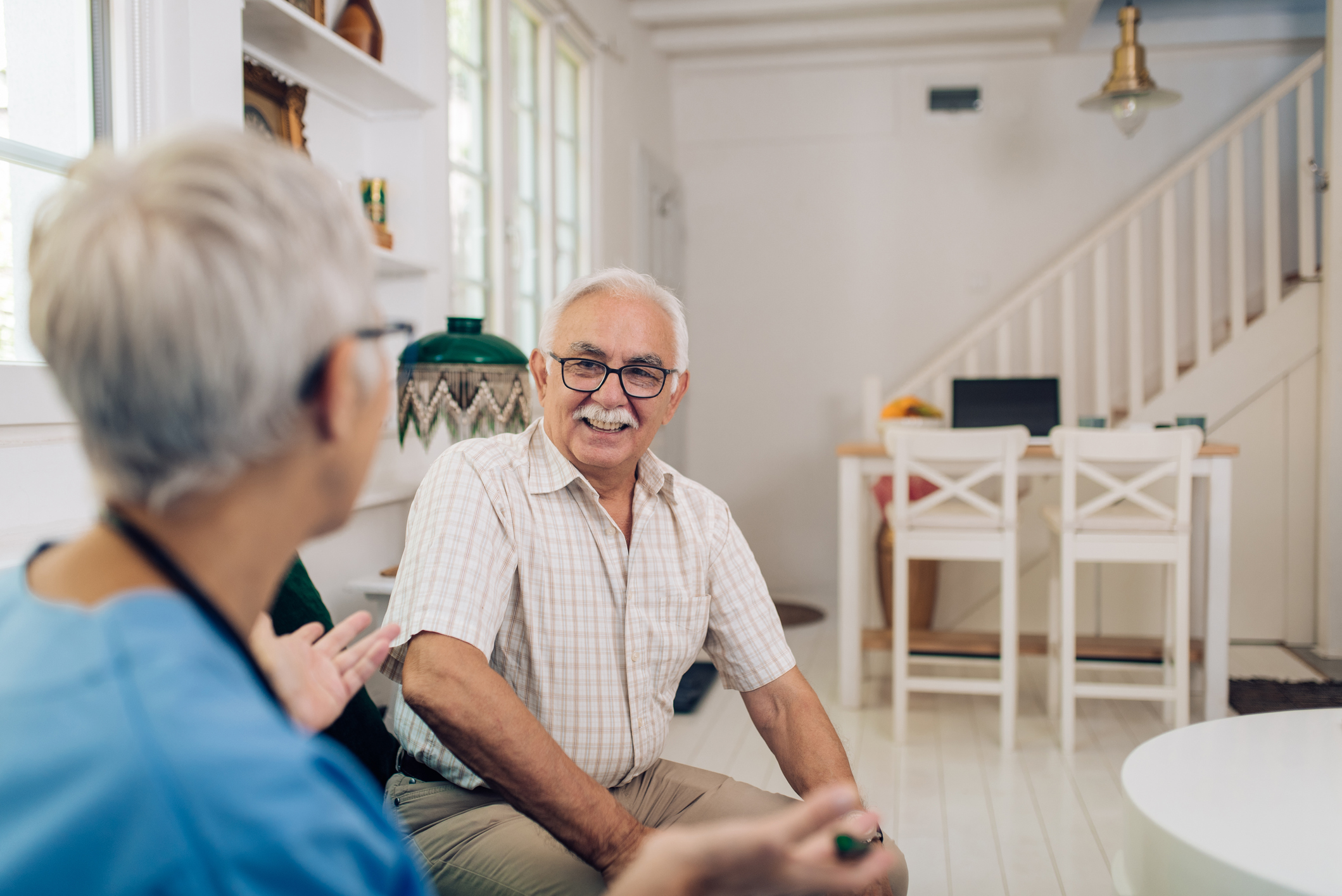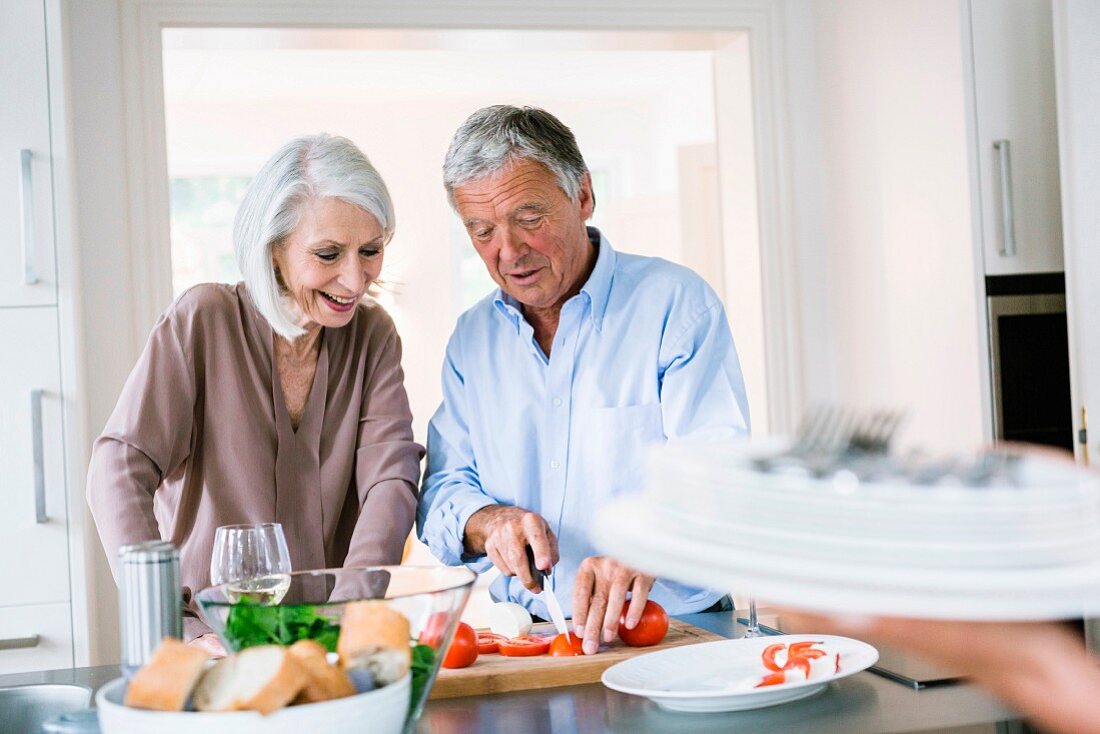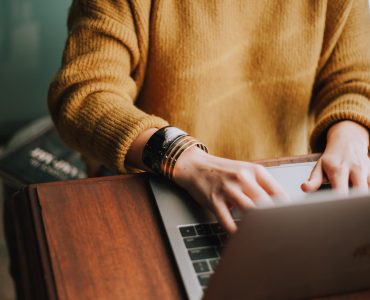Hearing problems, dementia, lack of concentration and poor eyesight are some of the common reasons that can turn a simple trip to the bathroom or kitchen into a horrible journey to the hospital.
So, if you have older adults at home, here are some important tips to keep them safe at home.
Stay Fit and Healthy
 If you are wondering what health and fitness have to do with home safety for elderly, let me share with you the message of Doff, the Founder of the Geriatric Dietician:
If you are wondering what health and fitness have to do with home safety for elderly, let me share with you the message of Doff, the Founder of the Geriatric Dietician:
“Taking steps to maintain good health is just as important as preparing for home safety for older adults. Let me give you a simple example: When muscle health is neglected, a senior will lose their independence. As a result, that person will have to rely on others to help him with daily tasks and thus he will have an increased risk of falling, and have an increased likelihood of going to the hospital and getting sick.”
Now, that you’ve got the picture, here’s a compiled list of tips that can help keep seniors in good health:
- Keep in good shape through regular exercise
- Stay active by carrying out simple and light housekeeping tasks and engage in activities like memory games (such as trivia quizzes, word games, Sudoku, Bingo and so on)
- Get plenty of rest throughout the day
- Stay on healthy and balanced diets, avoid junk food and drink plenty of water
- Take vitamin and mineral supplements
- Learn how to manage your emotions
- Adopt good hygiene practices like washing hands frequently and brushing teeth right after every meal
- Take out some time for fun activities like watching movies and listening to music
Home Safety Tips for the Elderly When They Are in the Kitchen

- Never let seniors wear clothes with long, loose sleeves when they are in the kitchen or when they are cooking.
- The handles of all the pans should be turned away from other burners and from the edge of the stove.
- Fire-resistant potholders should be kept near the stove.
- Pan lids should always be kept near the stove. For example, if a small fire starts, then you can quickly but carefully slide the lid (or you could also take a large pan) over the pan with the fire so as to stifle the flames. Keep the lid on the pan until everything has completely cooled off. If you lift the lid before, you might let in some oxygen which can reignite the fire. And, remember that you should never carry the pan to the sink or try putting out the fire by pouring water over it.
- If you have windows near the stove, make sure to use fireproof curtains only.
- Any food packing items, potholders, towels or any other clutter should be placed away from burners.
- Cooked food should never be left unattended.
- All electrical appliances should be switched off when not in use.
- Kitchen countertops and work areas should be clean and neat.
- Less mishaps will happen if all drawers and cupboards are closed properly.
- No matter what you are cooking or whatever kitchen appliance you are using, make sure that you always use timers and thermostats. Experts always recommend older adults to use this equipment in the kitchen as the buzzers and signal lights will facilitate cooking.
- The “off” position on stoves and ranges should be marked in such a way that even a person with low eyesight can easily notice if the appliance is turned off.
- Frequently-used items and appliances like the pan or the boiler should always be kept to chest level in work areas so as to prevent any accidents from happening, especially when seniors have to step onto stools or chairs to reach for things.
- Again, all utensils, and dry and canned foods should be stored in a place that’s easily accessible and visible to prevent any accidents.



